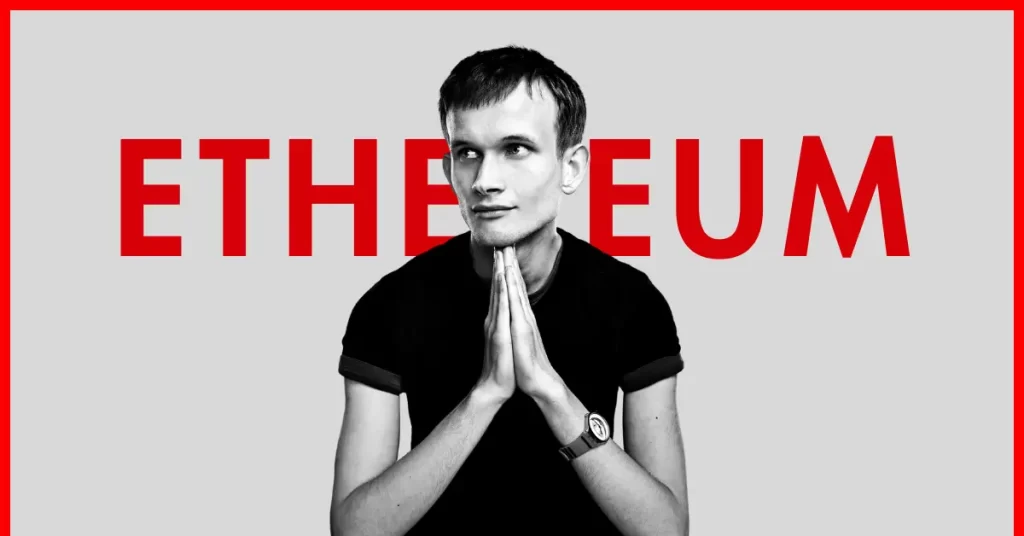A recent tweet sparked an interesting exchange between Ethereum founder Vitalik Buterin and another user on the social media platform X. The tweet highlighted stories of notable tech figures, including Vitalik, who faced setbacks before finding success in the crypto world. Buterin’s response added a new twist to his well-known journey, clarifying what really happened during his early days.
The Tweet That Started It All
An X user named zjj.eth recently shared a tweet discussing how being fired or rejected can sometimes be a great gift. The tweet mentioned several prominent figures, including Vitalik Buterin, who were rejected or fired before they went on to create groundbreaking technologies.
According to the post, Buterin was rejected by Ripple, which eventually led him to build Ethereum, one of the most successful and widely used blockchain platforms in the world.
The tweet by zjj.eth also highlighted other notable examples, such as Hayden Adams, the creator of Uniswap, who was fired from Siemens before developing his decentralized exchange platform, and the user himself, who went into censorship technology after being fired from Meituan.
Apart from others, his tweet quickly caught the attention of Ethereum’s founder, Vitalik Buterin, who decided to clarify his side of the story.
Vitalik’s Clarification on the Ripple Rejection
However, Vitalik Buterin himself responded to the tweet, correcting a key detail. He explained that Ripple did not actually reject him. Instead, it was the U.S. government visa policy that prevented him from joining Ripple.
He stated, “Ripple accepted me in 2 min, it was the US government visa policy that rejected me.” This clarification reveals a different aspect of his journey, showing that external circumstances, rather than a lack of opportunity, played a role in shaping his path.
For Vitalik, being unable to join Ripple due to visa issues ultimately led him to focus on Ethereum, which has since become one of the most important blockchain platforms in the world.
Also Read : Binance CEO Refutes Nigeria’s Revenue Claims: A Deep Dive into the $26 Billion Dispute


